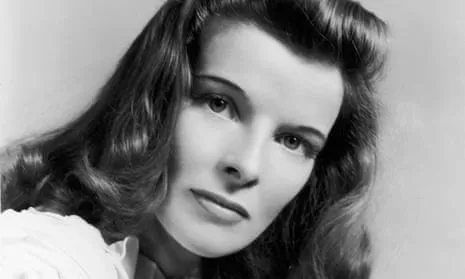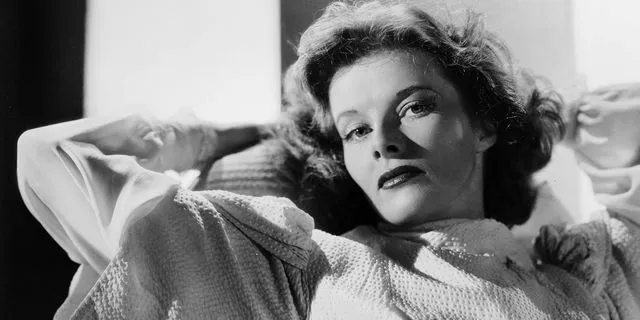Katharine Hepburn’s illustrious career had its fair share of triumphs and tribulations. While she became only the second actress to win four Academy Awards for Best Actress, her early years were marred by a string of box office duds and scathing criticism. Determined to salvage her career, Hepburn actively collaborated with writers and producers to craft a comeback vehicle: the unforgettable **The Philadelphia Story**.
Hepburn’s early work showcased her undeniable talent and charming charisma, but it also attracted unwelcome scrutiny. Her assertive personality and unconventional style made her a target of negative press, culminating in her unceremonious dismissal from the lead role in the iconic **Gone With the Wind**. This devastating setback forced her to reassess her approach to her career.

Katharine Hepburn (Via IMDB)
With the help of playwright Philip Barry, Hepburn meticulously crafted **The Philadelphia Story** to highlight her strengths while acknowledging the audience’s shifting perception of her. Tracy Lord, the witty and independent socialite at the film’s center, mirrored Hepburn’s own fiery personality while allowing her to display vulnerability and humility. The film became a resounding success, restoring Hepburn’s reputation and establishing her as a true cinematic icon.
The success of **The Philadelphia Story** proved that Hepburn understood the public’s changing perceptions and could manipulate them to her advantage. Her ability to poke fun at her own image while embracing the demands of her audience resulted in a remarkable comeback.
























